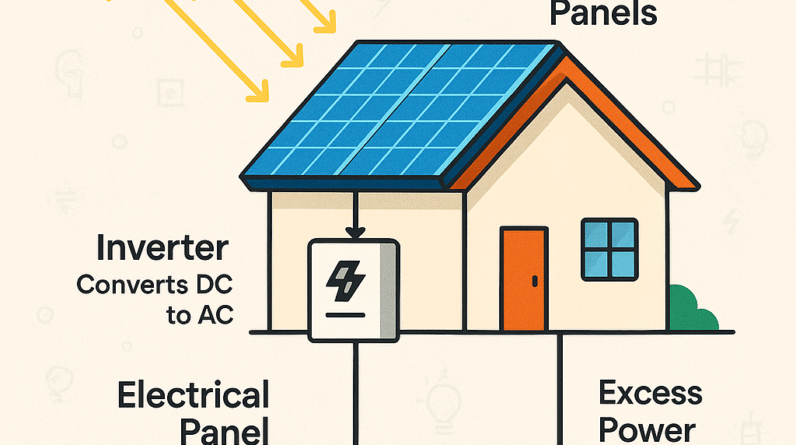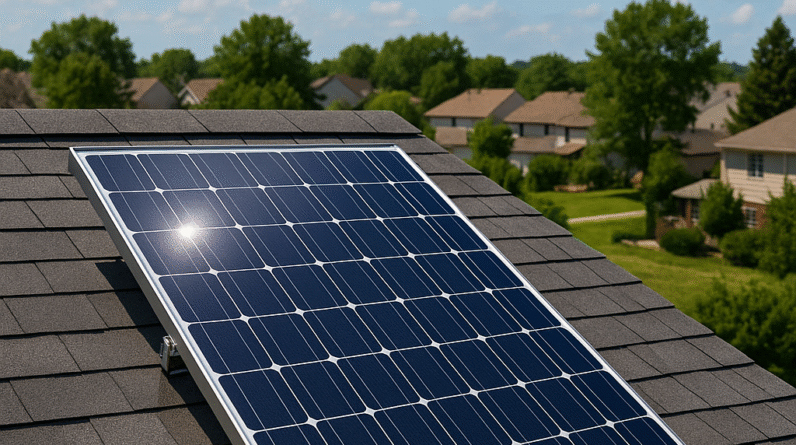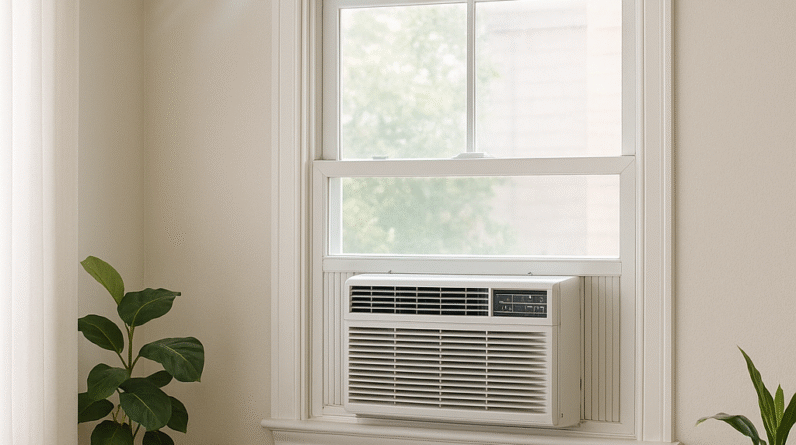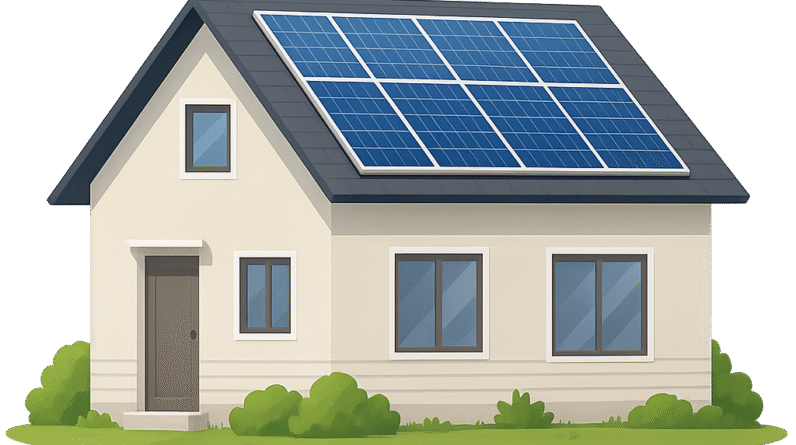
How Long Do Solar Panels Last?
How Long Do Solar Panels Last? Imagine a world where your energy bill is significantly reduced and your environmental footprint is minimized. Solar panels, the epitome of renewable energy, are responsible for making this dream a reality for millions of people across the globe. But amidst the excitement of harnessing the power of the sun, there is one question that lingers: How long do solar panels truly last? In this article, we will explore the lifespan of solar panels and shed light on the durability and longevity of these extraordinary sources of energy. So, let’s embark on this enlightening journey together, and discover just how long our solar panels can shine.
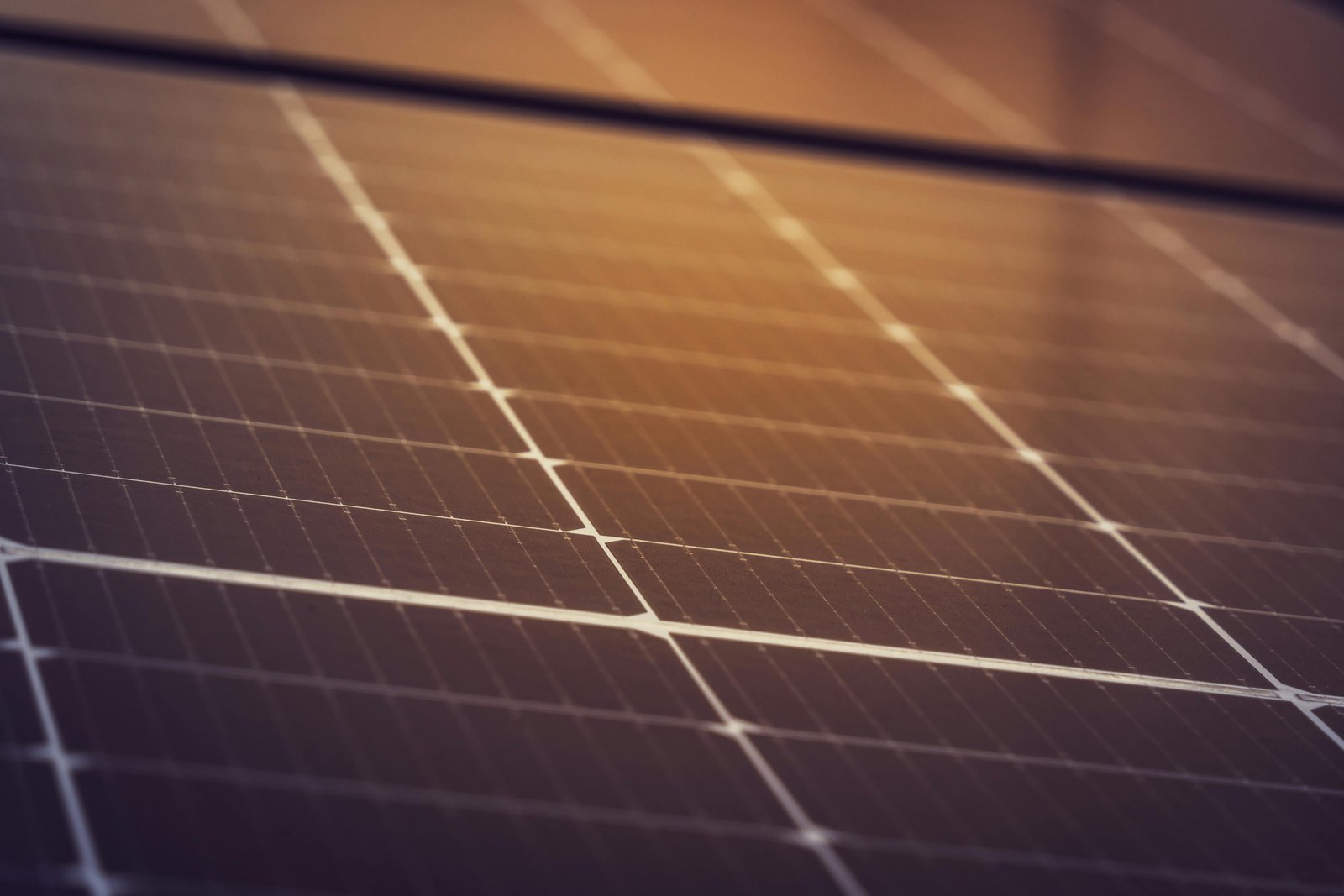
This image is property of images.pexels.com.
Understanding the Lifespan of Solar Panels
Solar panels are a valuable investment for homeowners and businesses looking to harness renewable energy and reduce their carbon footprint. Understanding the lifespan of solar panels is crucial in making informed decisions about their installation and maintenance. This comprehensive article will explore the factors impacting the lifespan of solar panels, the average lifespan of different types of panels, and how to extend their lifespan.
Factors Impacting the Lifespan of Solar Panels
Several factors can significantly impact the lifespan of solar panels. It is essential to consider these factors carefully when choosing panels and planning for their long-term performance.
Quality of Materials
The quality of materials used in the manufacturing of solar panels is a critical factor in determining their lifespan. Panels made with high-quality materials are more likely to withstand environmental stressors, such as extreme temperatures, humidity, and UV radiation. Investing in panels from reputable manufacturers known for their quality can help ensure a longer lifespan.
The manufacturing standards followed by solar panel manufacturers also play a crucial role in determining their lifespan. Manufacturers who adhere to stringent quality control measures and industry standards are more likely to produce panels that last longer. It is recommended to choose panels from manufacturers with a proven track record of producing reliable and durable products.
Installation Quality
The quality of the installation is another critical factor impacting the lifespan of solar panels. Improper installation can lead to various issues, such as poor electrical connections, water leaks, and physical damage. It is essential to hire experienced and qualified professionals for the installation to ensure that the panels are correctly mounted and securely connected.
Maintenance and Cleaning
Regular maintenance and cleaning are vital for maintaining the performance and longevity of solar panels. Dust, debris, and particles can accumulate on the surface of the panels over time, reducing their efficiency. It is recommended to schedule regular maintenance and cleaning to remove any buildup and ensure optimal performance.
Climate and Weather Conditions
The climate and weather conditions in the installation area can also impact the lifespan of solar panels. Extreme temperatures, high humidity, and harsh weather events like hailstorms and hurricanes can cause physical damage to the panels and affect their performance. It is advisable to choose panels designed to withstand the specific climate conditions of the installation area.
Average Lifespan of Solar Panels
Solar panels are designed to be durable and have a long lifespan. However, the lifespan may vary depending on the type of panels used. Let’s explore the average lifespan of the two most common types of solar panels.
Crystalline Silicon Solar Panels
Crystalline silicon solar panels, which include monocrystalline and polycrystalline panels, are the most widely used type of solar panels. These panels have an average lifespan of 25 to 30 years. With regular maintenance and proper care, they can even exceed this lifespan. Crystalline silicon panels are known for their durability and ability to withstand various weather conditions.
Thin-Film Solar Panels
Thin-film solar panels are another type of solar panel technology. They are typically made from materials like amorphous silicon, cadmium telluride, or copper indium gallium selenide. Thin-film panels have a slightly shorter lifespan compared to crystalline silicon panels, with an average lifespan of 20 to 25 years. However, advancements in thin-film technology may increase their lifespan in the future.
Lifespan Comparison
When comparing the average lifespan of solar panels to other common household appliances, it becomes evident that solar panels are a long-term investment. Most appliances have an average lifespan of 10 to 15 years, while solar panels can last 20 to 30 years or more. This longevity makes solar panels an attractive option for homeowners and businesses looking to reduce their reliance on traditional energy sources.
How to Extend the Lifespan of Solar Panels
While solar panels are designed to be durable, there are several proactive steps you can take to extend their lifespan and ensure optimal performance throughout their lifetime.
Regular Maintenance and Inspections
Regular maintenance and inspections are essential for identifying and addressing any potential issues with the solar panels. It is recommended to schedule annual or biannual inspections by qualified professionals who can assess the panels’ condition, electrical connections, and overall performance. Identifying and fixing problems early can prevent further damage and extend the lifespan of the panels.
Cleaning the Solar Panels
Regular cleaning is crucial for maintaining the efficiency and longevity of solar panels. Dust, dirt, leaves, and bird droppings can accumulate on the surface, reducing the amount of sunlight that reaches the solar cells. Cleaning the panels with a soft cloth, sponge, or hose can help remove any debris and optimize their performance. However, it is important to follow the manufacturer’s guidelines and avoid using abrasive materials or harsh chemicals that could damage the panels.
Avoiding Shade and Obstructions
Shade and obstructions can significantly impact the performance of solar panels. It is important to ensure that the panels are installed in an area that receives ample sunlight throughout the day. Even partial shading can reduce the overall energy production of the panels. Regularly trim any nearby trees or vegetation that may cast shadows on the panels to maximize sunlight exposure.
Monitoring Performance
Monitoring the performance of solar panels is crucial for detecting any changes or declines in their efficiency. Many solar panel systems come with monitoring software or apps that allow you to track energy production and identify any drops in performance. Keeping a close eye on the performance data can help detect issues early and address them promptly, ensuring the longevity of the panels.
Keeping the Inverter in Good Condition
The inverter is an essential component of a solar panel system, converting the DC power generated by the panels into AC power for use in the home or business. Regularly inspecting and maintaining the inverter is important for extending the lifespan of solar panels. It is recommended to follow the manufacturer’s maintenance guidelines and schedule professional servicing if needed.
Upgrading and Replacing Components
Solar panel technology advances rapidly, and upgrading outdated components can improve the performance and longevity of the system. Upgrading to more efficient panels, inverters, or batteries can optimize energy production and enhance the overall lifespan of the solar panels. Regularly reassessing the system and consulting with solar professionals can help determine if component upgrades or replacements are necessary.
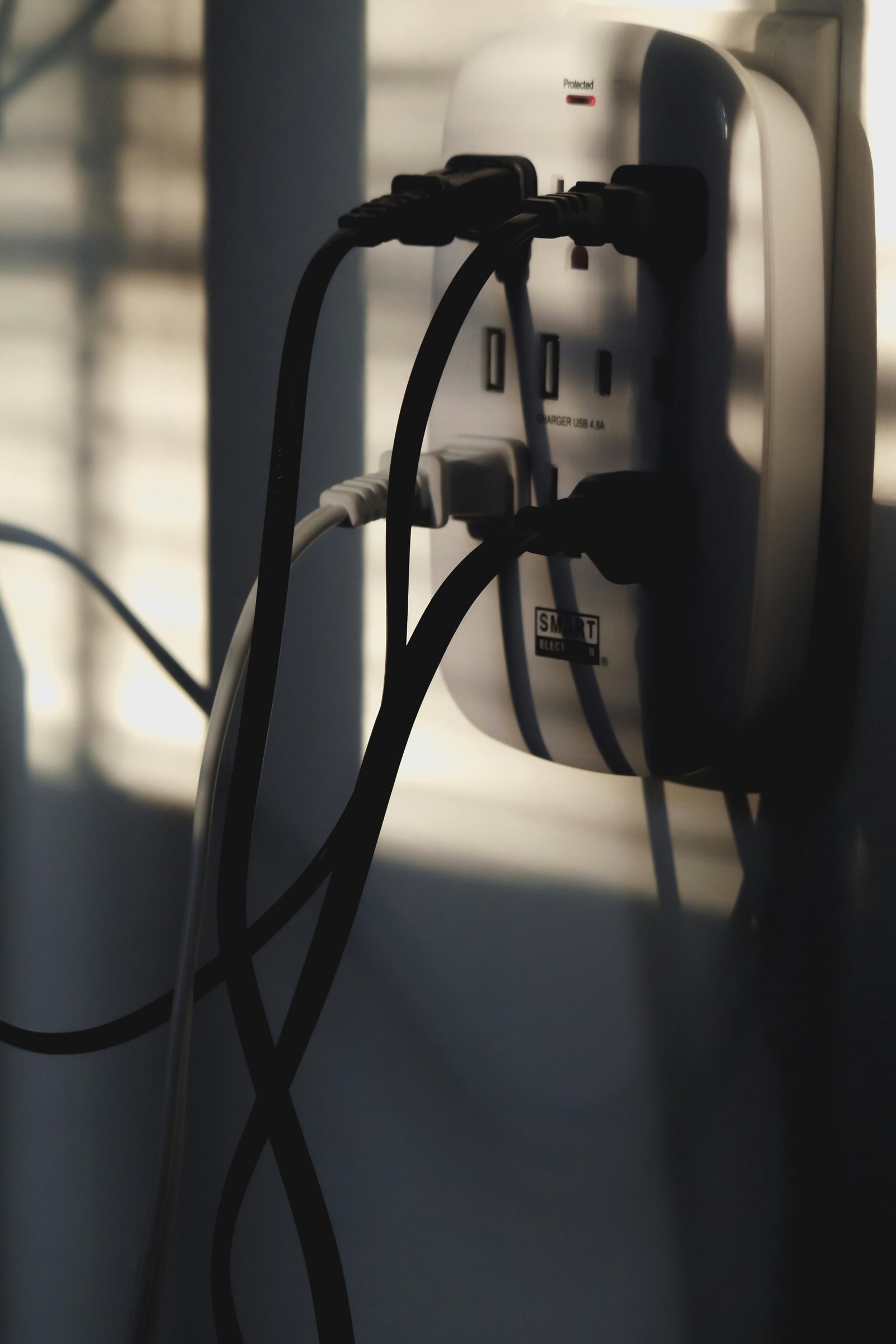
This image is property of images.pexels.com.
Benefits of Solar Panel Longevity
Investing in solar panels with a long lifespan can bring several benefits to homeowners and businesses, beyond just the production of clean energy.
Return on Investment
Solar panels are a significant investment, and their longevity directly impacts the return on investment. Panels that last longer allow homeowners and businesses to recoup their initial investment through energy savings over an extended period. Additionally, the longer the panels last, the longer the system continues to generate free, clean energy, further increasing the financial benefits.
Environmental Impact
Solar panels contribute to reducing the reliance on fossil fuels and lowering greenhouse gas emissions. Panels with a longer lifespan have a more significant environmental impact since they continue to generate clean energy and offset carbon emissions for an extended period. Investing in durable solar panels supports the transition to a more sustainable and environmentally friendly energy system.
Solar panels provide the opportunity for energy independence, allowing homeowners and businesses to generate their own electricity. As panels produce energy for a more extended period, they provide a longer period of energy independence, reducing dependence on traditional utility companies and offering greater control over energy costs.
Conclusion
Understanding the lifespan of solar panels is crucial for maximizing their benefits and making informed decisions. Factors such as the quality of materials, manufacturing standards, installation quality, maintenance and cleaning, and climate conditions can significantly impact the lifespan of solar panels. Crystalline silicon panels typically last 25 to 30 years, while thin-film panels have an average lifespan of 20 to 25 years. By following the recommended maintenance practices, homeowners and businesses can extend the lifespan of solar panels and optimize their performance. Investing in solar panels with a long lifespan brings benefits such as a higher return on investment, positive environmental impact, and increased energy independence. The future of renewable energy lies in the longevity and reliability of solar panels, making them a worthwhile investment for a sustainable future.



